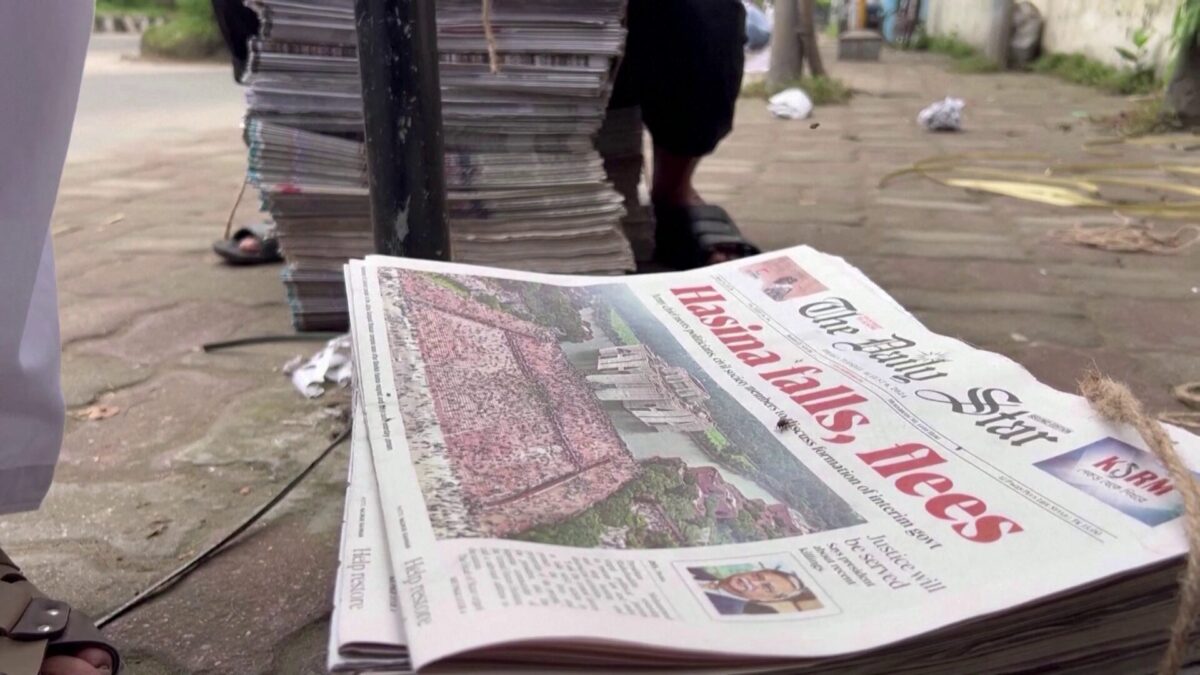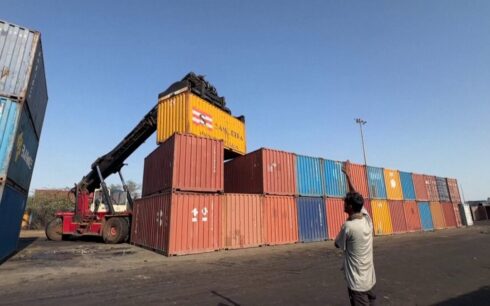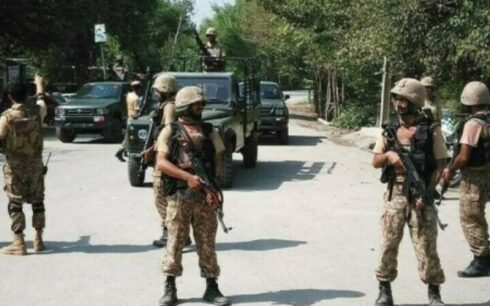A sense of normalcy returned to Dhaka on Tuesday as Bangladesh awaited the formation of a new government, a day after Prime Minister Sheikh Hasina resigned and fled following a violent uprising.
Traffic was lighter than usual in the capital, and some schools reopened with sparse attendance, after closing in mid-July amid escalating anti-quota protests. The violence, which resulted in around 300 deaths and thousands of injuries, had swept through the country.
“I expect the new government will run the country with honesty,” said Ejajur Rahim, a plumber, as he flipped through newspapers at a roadside stall. Most papers featured photographs of Monday’s mass student-led march on their front pages. “We just want to live in peace,” said Saiful Islam, a rickshaw puller.
Student leaders, who initiated the movement against job quotas that ultimately led to calls for Hasina’s resignation, announced early Tuesday their desire for an interim government with Nobel Peace laureate Muhammad Yunus as chief adviser.





